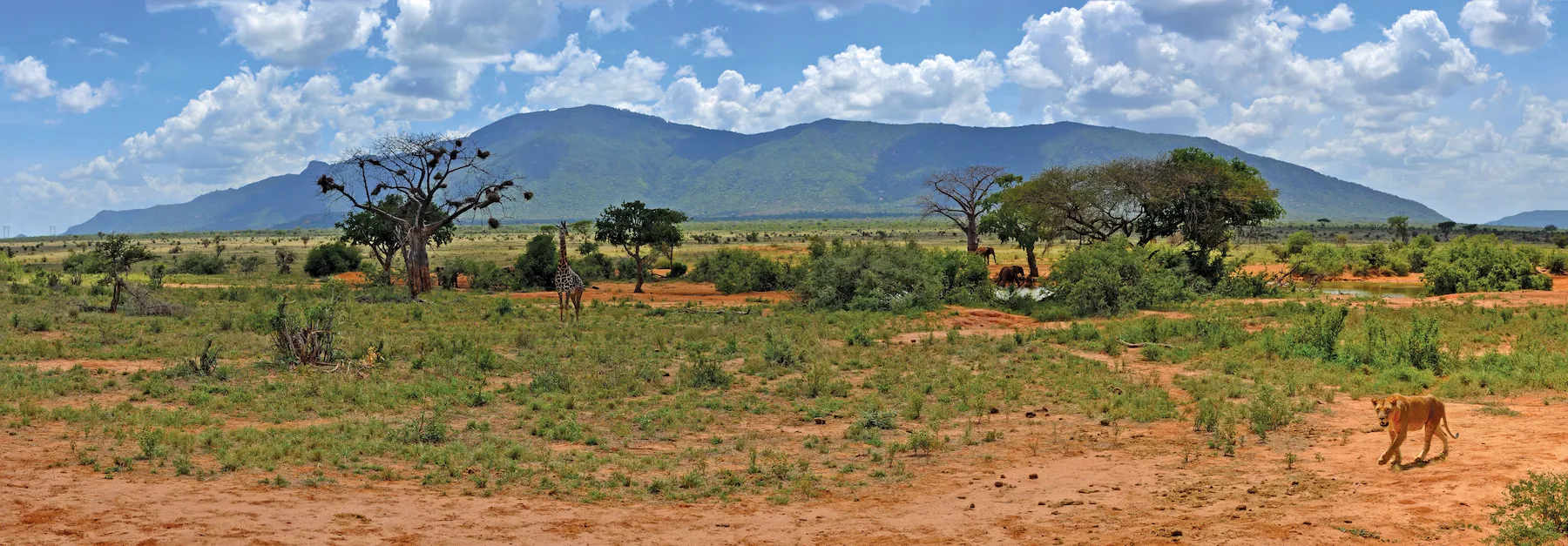Work on the Libyan section of the North African coastal highway now looks set to go ahead. Two consortia from Italy are to tender for the pre-qualifying stage of the US$3 billion project. The highway will run some 1,700km from Libya's border with Tunisia all the way to the border with Egypt. This is the final section in the new highway running all the way from Morocco in North West Africa to Egypt in the North East.
May 28, 2012
Read time: 2 mins
Work on the Libyan section of the North African coastal highway now looks set to go ahead. Two consortia from Italy are to tender for the pre-qualifying stage of the US$3 billion project. The highway will run some 1,700km from Libya's border with Tunisia all the way to the border with Egypt. This is the final section in the new highway running all the way from Morocco in North West Africa to Egypt in the North East. Work on the other sections is already underway, with Morocco and Algeria close to completing their stretches of the highway and construction activity well in hand in Tunisia and Egypt. The two Italian consortia tendering for the project include one comprised of 3149 Impregilo and Cooperation Muratori & Cementisti and another made up by 1324 Astaldi, 4921 TOTO, 3869 Grandi Lavori Fincosit and Ghella has well as the 3481 Condotte Group. The tender will be managed by the Libyan authorities the construction work is to be financed by the Italian State. The project forms part of an agreement signed in 2008 between the Italian and Libyan leaders with Italy paying compensation to Libya for war damages. In all, the upcoming highway construction programme in Libya may be worth as much as $5 billion and 20 Italian firms are showing an interest in the contracts. The 1,700km highway will be divided into three lots and the concession package may be for as long as 20 years.







